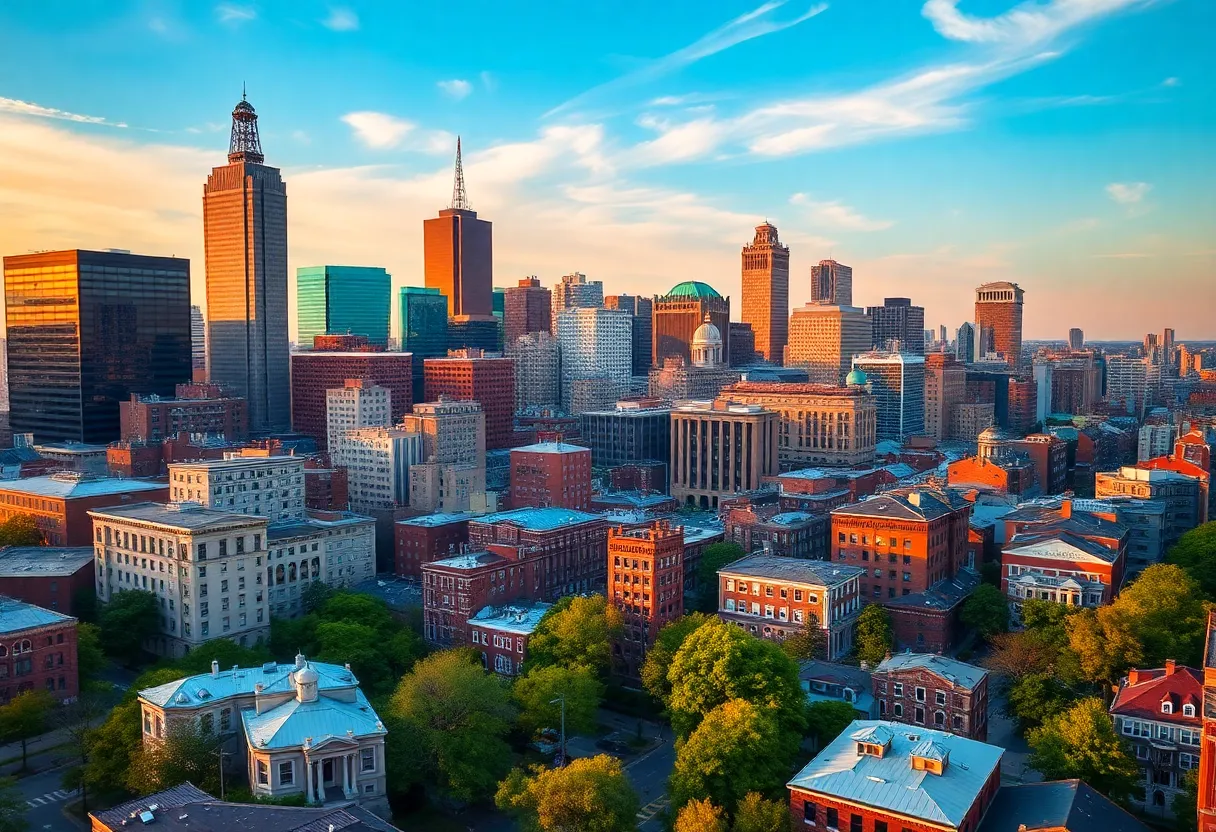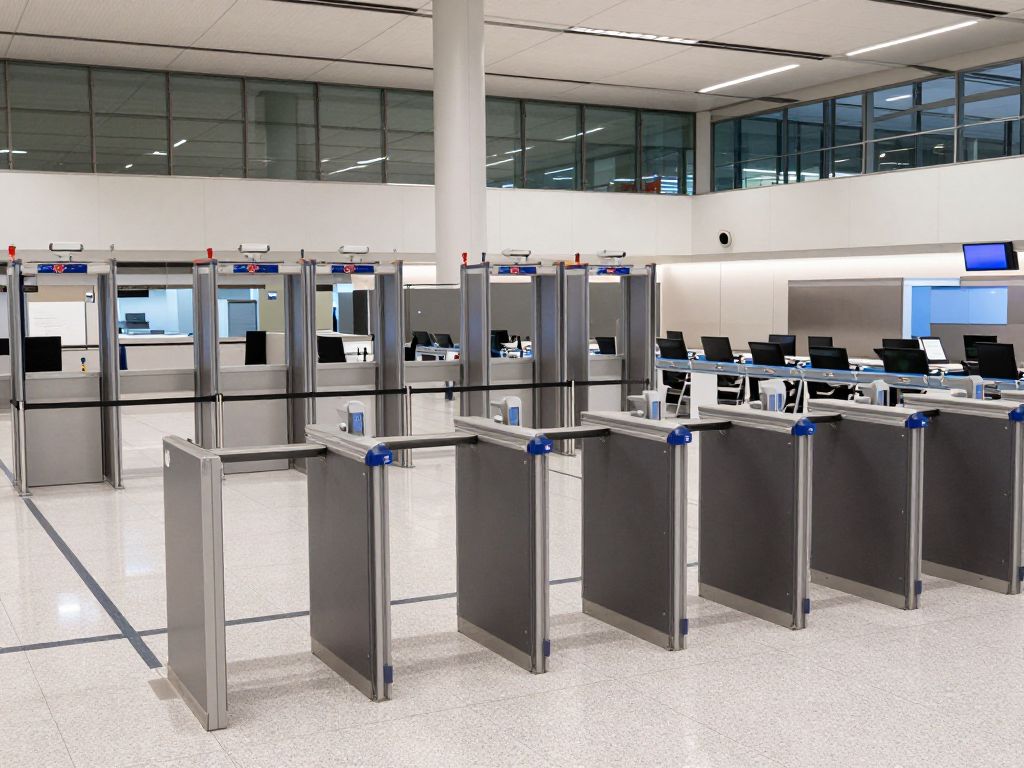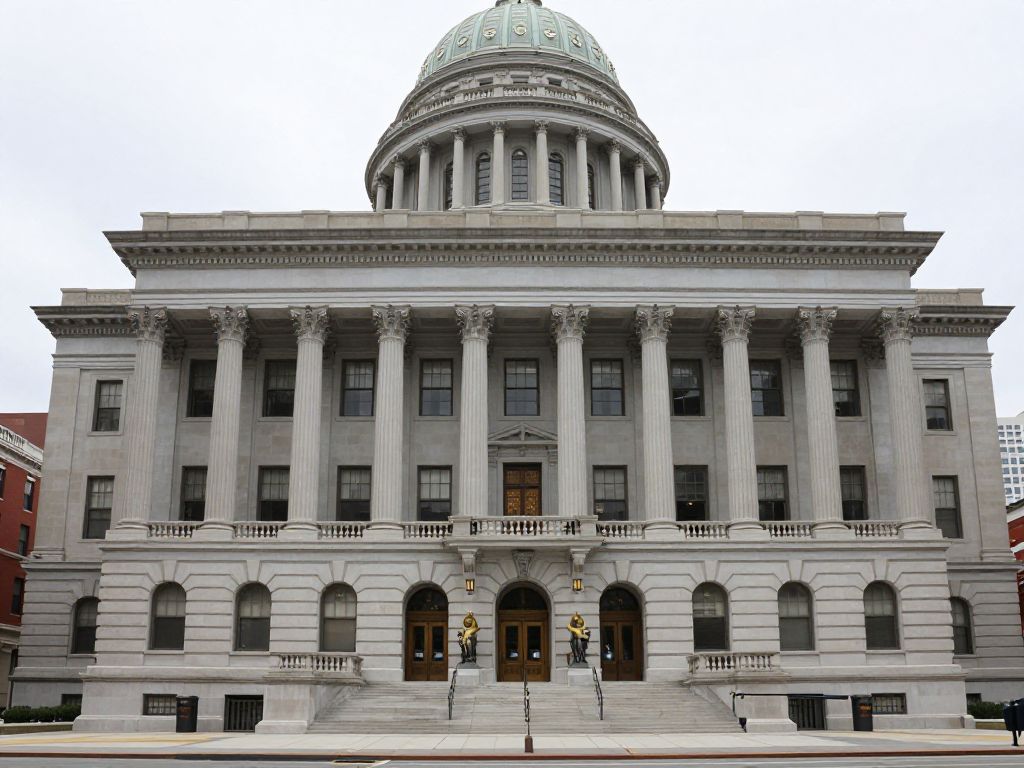News Summary
A recent report by the Institute for Policy Studies reveals a substantial 38.6% increase in millionaires in Massachusetts, despite the introduction of the millionaire’s tax. The number of millionaires grew from 440,000 in 2022 to over 612,000 in 2024, accompanied by a collective wealth rise from $1.6 trillion to $2.2 trillion. The millionaire’s tax, implemented to fund education and transportation, has generated more revenue than expected, raising questions about its impact on wealthy residents and the economy.
Boston, Massachusetts – A recent report by the Institute for Policy Studies reveals that Massachusetts has seen a significant rise in the number of millionaires, even after the enactment of a new state tax on high incomes. The report, released on April 28, 2024, indicates that the number of millionaires in the state increased from approximately 440,000 in 2022 to over 612,000 in 2024, which represents a 38.6% increase. This growth is accompanied by a surge in their collective wealth, which rose from $1.6 trillion to $2.2 trillion, marking a 37.7% growth in total wealth.
The increase in millionaires comes on the heels of the passage of the “millionaires’ tax,” or Fair Share Amendment, which voters approved in November 2022. The tax imposes an additional 4% surtax on income exceeding $1 million. Revenue generated from this tax, which reached $2.2 billion – more than double the initially budgeted amount of $1 billion – is intended for funding education and transportation initiatives.
Impact on Ultra-High Net Worth Individuals
Notably, the report points out that the wealth tax has had a pronounced impact on the segment of individuals classified as ultra-high net worth individuals, defined as those possessing over $50 million in wealth. The number of ultra-high net worth individuals in Massachusetts jumped by 35%, increasing from 1,954 in 2022 to 2,642 in 2024.
Funding and Utilization of Generated Revenue
The funds raised from the millionaire’s tax have already been allocated to various programs which include enhancing financial aid for public higher education, increasing available childcare slots for low-income families, and boosting investments in the Massachusetts Bay Transportation Authority (MBTA) and MassDOT rail projects. This allocation aims to address pressing needs within the state while leveraging the wealth of millionaires to contribute positively to the economy.
Your Wealth and Mobility
Contrary to concerns raised by critics of the millionaire’s tax, who argued that higher taxes might push wealthy residents out of the state, the data indicates otherwise. In fact, the report asserts that millionaires are less likely to leave states with elevated tax rates compared to the general population, highlighting that high-net-worth individuals often prefer to stay in areas with abundant amenities even when faced with higher taxes.
The findings also align with trends seen in other states, such as Washington, which reported a similar increase in its millionaires’ population despite imposing higher capital gains taxes. IRS data from 2022 noted that approximately 27,270 filers in Massachusetts earned over $1 million annually, reinforcing the notion that the millionaire demographic continues to thrive.
Future Projections and Economic Implications
Looking ahead, projections indicate that implementing a wealth tax could yield substantial revenue, with some estimates suggesting potential earnings of $11 billion from a proposed 3% tax on the ultra-wealthy. As multi-millionaires contribute positively to state finances through their heightened tax contributions, there are arguments supporting that structured taxation can enhance overall economic health and work towards mitigating income inequality.
Supporters of the millionaire’s tax maintain that the influx of funds serves to benefit the broader community and economy, reinforcing essential services and addressing disparities in wealth distribution. Additionally, recent analyses suggest that concerns regarding the outmigration of wealthy residents primarily affect younger inhabitants grappling with the high cost of living rather than established millionaires.
The report concludes by positing that Massachusetts may serve as a progressive tax model for other states aiming to balance revenue generation with wealth distribution, suggesting that embracing such taxation strategies could be beneficial for both state funding and combating income inequality over time.
Deeper Dive: News & Info About This Topic
- Boston.com: Report on Millionaires in Massachusetts
- Axios: Millionaires and Income Surtax in Massachusetts
- MassLive: Are Millionaires Fleeing Massachusetts?
- Boston Herald: Number of Millionaires in Massachusetts
- Gardner News: Increase in Millionaires in Massachusetts

Author: STAFF HERE BOSTON WRITER
The BOSTON STAFF WRITER represents the experienced team at HEREBoston.com, your go-to source for actionable local news and information in Boston, Suffolk County, and beyond. Specializing in "news you can use," we cover essential topics like product reviews for personal and business needs, local business directories, politics, real estate trends, neighborhood insights, and state news affecting the area—with deep expertise drawn from years of dedicated reporting and strong community input, including local press releases and business updates. We deliver top reporting on high-value events such as Boston Marathon, Head of the Charles Regatta, and Boston Harborfest. Our coverage extends to key organizations like the Greater Boston Chamber of Commerce and Associated Industries of Massachusetts, plus leading businesses in finance, biotech, and insurance that power the local economy such as Fidelity Investments, Biogen, and Liberty Mutual Insurance. As part of the broader HERE network, we provide comprehensive, credible insights into Massachusetts's dynamic landscape.





